Nothing is original. Everything has been done before. We are now simply in a state of crafting original-looking ideas from other inspirations. The more media you consume, the more you will see. Even this article has been done before ( !, !! ) in varying degrees of the authors “borrowing” ideas from each other and injecting their own interpretations in there like jelly into so many doughnuts.
Working with that logic, it should come as no surprise that there are several anime series other there that seem very close to other anime series. Now, this doesn’t mean series by the same authors are ripping-off each other, though you will likely see kissing cousin moments of gene swapping there. Instead, this examines the thin line between homage or intellectual property theft as series by different creators draw dangerously close to each other in similarities.
Best Suspiciously Similar Anime
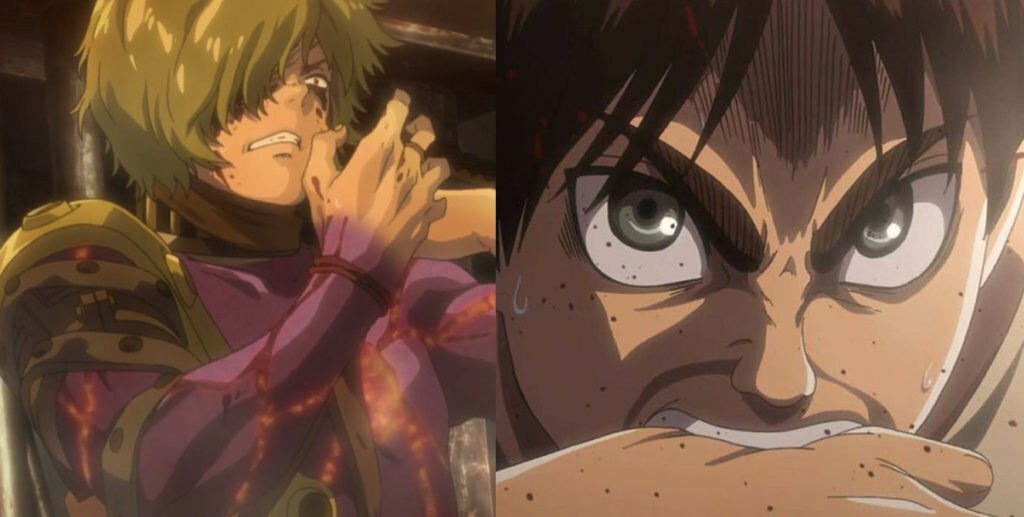
Kabaneri and the Iron Fortress and Attack on Titan
Sometimes, I like to think that Kabaneri of the Iron Fortress was Wit Studio telling Hajime Isayama what they would do different if they made Attack on Titan’s plot. Unfortunately, what they would do different is introduce the antagonist in the third act and make his one positive trait being smarter than literally the dumbest people left alive.
All that being said, both series focus on the last remnants of humanity that live behind walls from a flesh-eating threat that is hard to kill and never tires of murdering them. Something happens and the main character then becomes partially that flesh-eating monster. They then leverage that power to fight those monsters. Attack on Titan, being the longer series, eventually went a much different direction while Kabaneri of the Iron Fortress took a more linear route along that plot line.
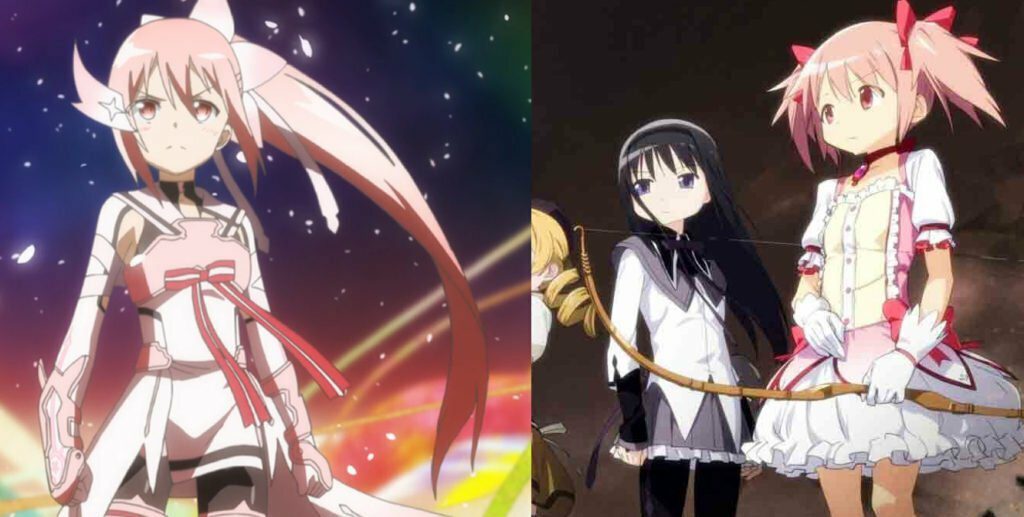
Yuna Yuki is a Hero and Madoka Magica
When Madoka Magica came out, it lit the anime world on fire, and you know fire – it likes to spread. Suddenly, there was an influx of “dark magical girl” anime series where it looked magical girl, but something vicious happened. Yuna Yuki was one of those, but to its credit, it does it pretty well. Instead of fighting witches and brutally dying like in Madoka Magica, Yuna Yuki is about a team of magical girls that fight nondescript and definitely-not-witch-type creatures named Vertexes. The girls don’t die horribly, but they do get frequently maimed in a graphic ways, so there’s that.
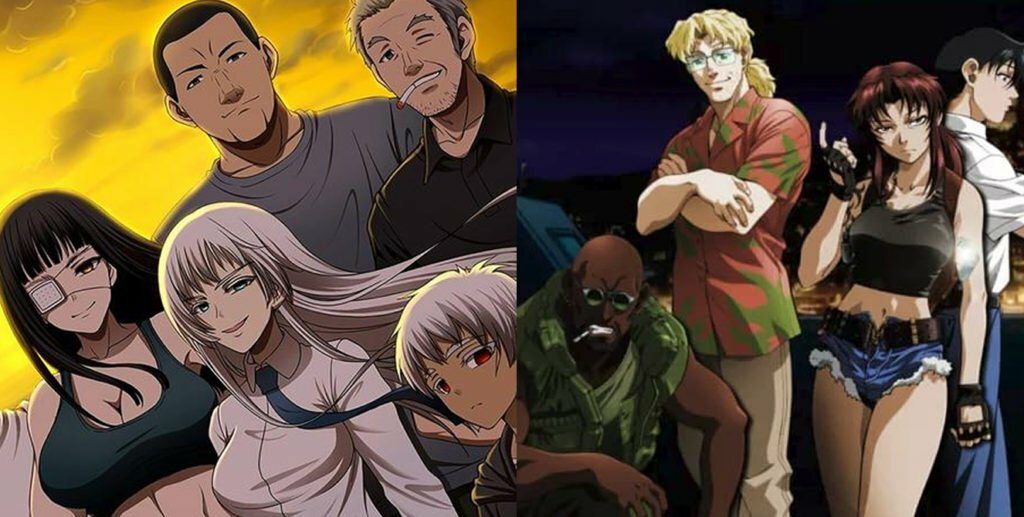
Jormungand and Black Lagoon
I’ll admit that this one is at least a bit reaching, but you can’t deny the similarities. Both series focus on an international criminal element. Mercenaries and arms dealers are as apples and oranges, after all. While not the main character in Black Lagoon, both series are also highlighted by their morally gray, vicious, and absolutely amazing female members. They then focus on arc-type story telling that allows them to cover several different, yet interesting tales.
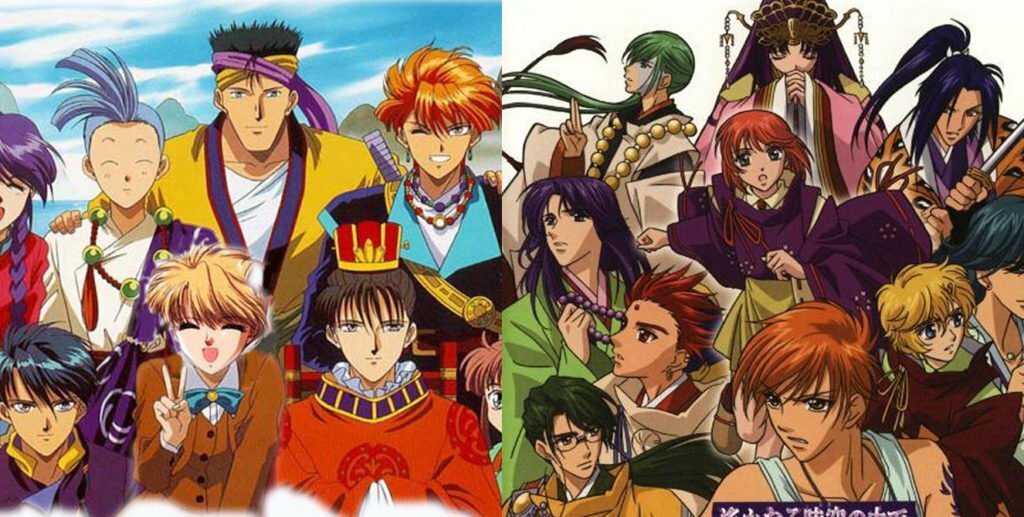
Fushigi Yuugi and Haruka: Beyond the Stream of Time
Although old, there are still a lot of older anime fans that remember Fushigi Yuugi fondly. Haruka was blatantly trying to appeal to those fans in the most daring way – having exactly the same plot. Both have two people pulled into another world, then told they are the priestess of a god, and granted a bunch of handsome guardians to help them accomplish priestess tasks. You may think Haruka has an advantage by having newer animation, but unfortunately, it is done with the same slap-dash effort as its plot.
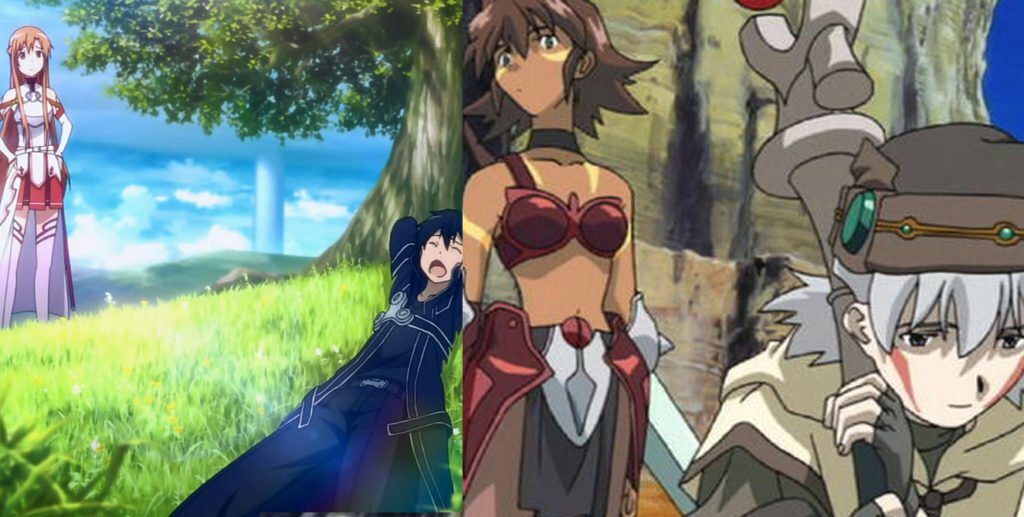
Sword Art Online and .Hack//
You knew it was coming. Everyone has been saying it for years. It’s not a hot take by any means. Sword Art Online is just a shinier, less slow .Hack//. It was trapping people in VR games way before trapping people in VR games was cool. Both series even get a little crazy as they continue to go on.
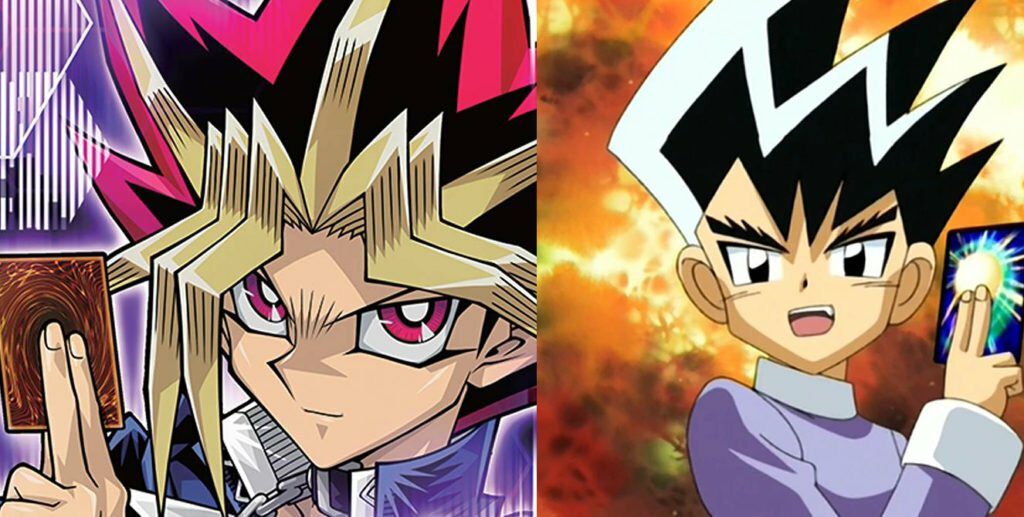
Yugioh and Duel Masters
Okay, to be fair, if you are making an anime about a card game, there are only so many ways to take that plot. As such, all card game anime series do end up a bit same-y, but not like this. Duel Masters and Yugioh: Duel Monsters both feature a child’s card game that allows them to bring the abstract into reality. However, while Yugioh explains this with VR right up until everything goes off the rails, Duel Masters skips the rails completely. You will also note that both series go on way too long. You think Yugioh and its many sequel series are bad, you tell it to get on Duel Masters rip-off’s level. Duel Masters has about a dozen now. What it doesn’t have is the character development that made Yugioh, at least the first series, a decent watch.
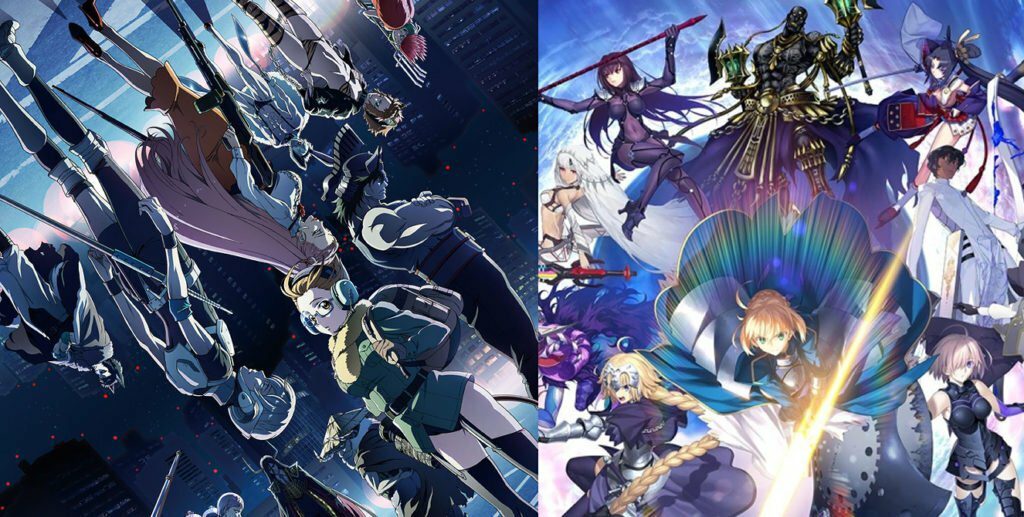
Juuni Taisen and The Fate Series
What is Juuni Taisen if not a Fate series with only Servants. Both servants are essentially killing game-style tournaments with a wish on the line as a prize. Doing the fighting are interestingly designed and quirky characters. Juuni Taisen at least takes away all those boring human characters that Fate has, but the Chinese Zodiac is less fun than the historical and mythical Servants.
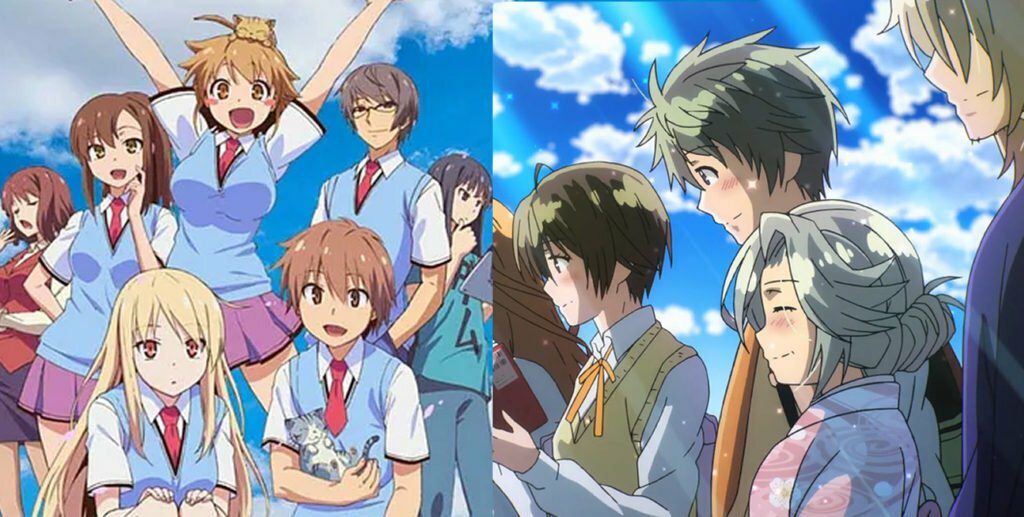
Pet Girl of Sakura Hall and Kawai Complex Guide to Manors and Hostel Behavior
Both of these series highlight the charms of dorm life, and mysteriously leave out all the irksome challenges of living with half a dozen other people. They both follow relatively normal young men that move into a dorm specifically inhabited by the strange and stupid. They try to leave, but end up falling in love! As such, the series becomes about shenanigans and acclimatizing to life while pursuing romance.
To be fair, there are a number of differences between each series, like how the romance in Kawai Complex moves at such a slow pace it mind as well not exist or the oft-ignored main plot of Sakura Hall about the main character trying to find what he wants to do in the future.
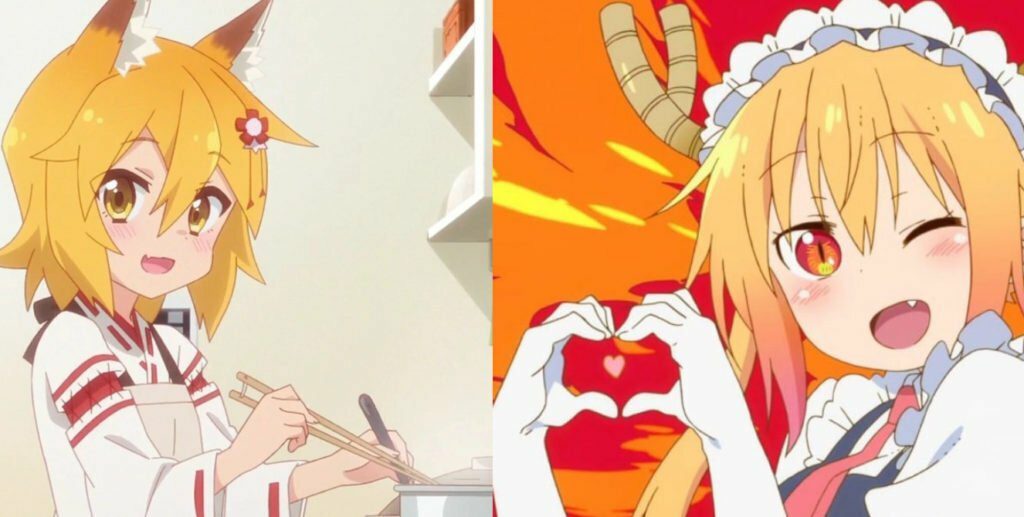
Meddlesome Fox Senko-San and Miss Kobayashi’s Dragon Maid
Are there a bunch of anime fans out there that seek to be soothed by a cute fantasy creature? If there wasn’t before, there probably is now. Both Miss Kobayashi’s Dragon Maid and Meddlesome Fox Senko-san are series about overworked office people having their home invaded by ancient supernatural creatures. Those creatures then cook, clean, and provide affection and comedic relief in equal measure.
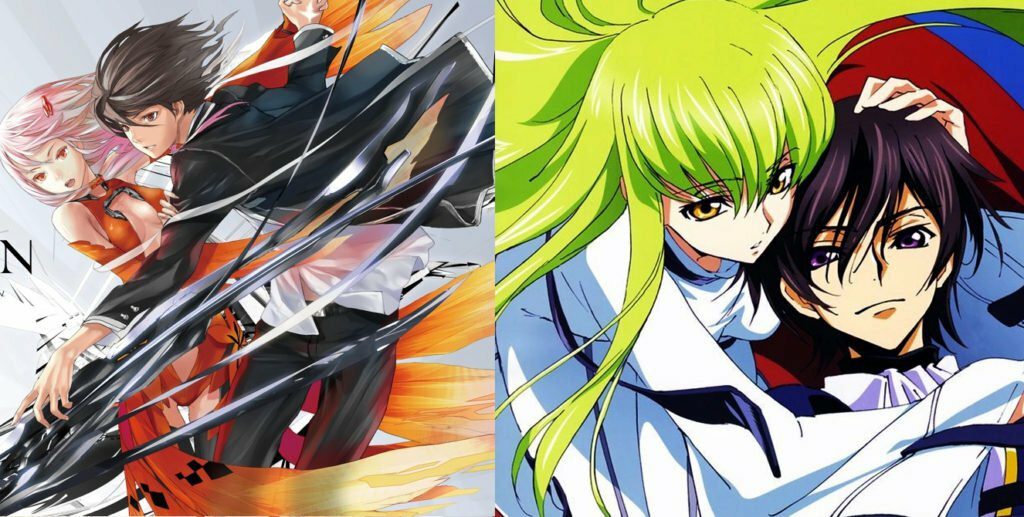
Code Geass and Guilty Crown
These series are only slightly suspiciously similar to each other, especially compared to some of the more serious offenders on here. Both series follow a disenfranchised school boy that gains amazing powers after making contact with a magical girl sans the princess dress and wand. They then use this power in order to fight those that are keeping Japan oppressed.
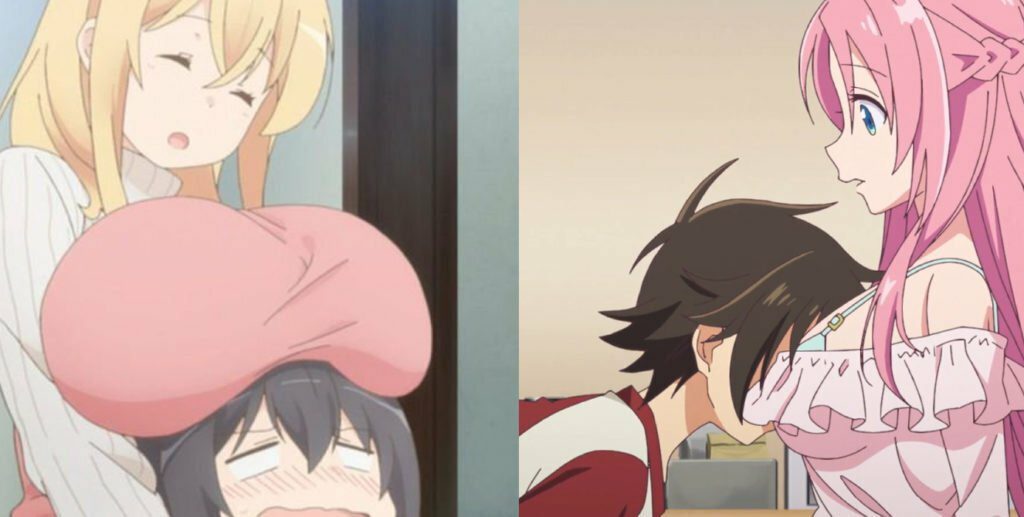
The Caretaker of Sunohara Hall and Mother of the Goddess’ Dormitory
If two mediocre ecchi series rip each other off, does anyone even care? Probably not because if you are watching either, you are watching them for the bewbs, and they both have those in spades. Both series involve either a literal child or a teen that looks like a child moving into a dorm full of older (i.e. busty) women. Because of course they are, every single girl finds him just the most amazing child or child-like teen in the world, baring her body to him at every chance.
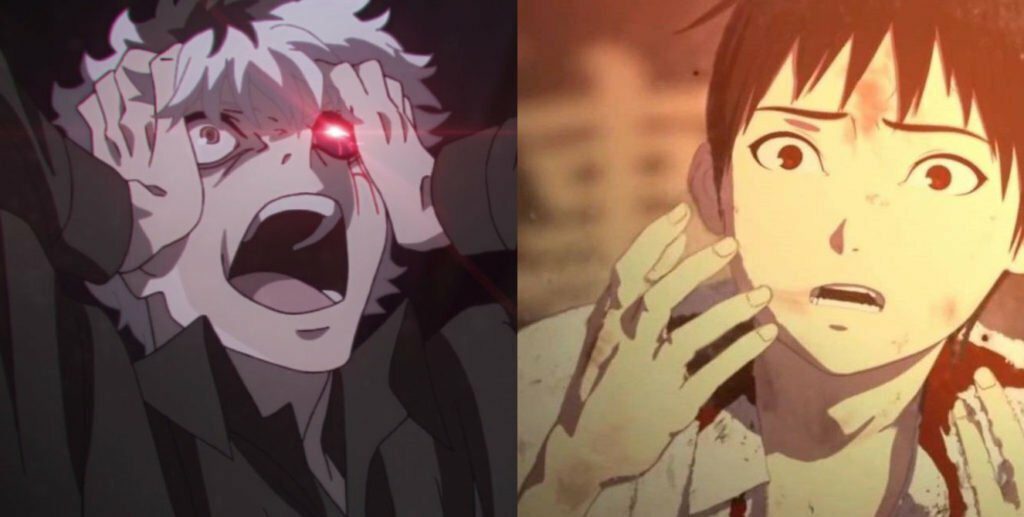
Tokyo Ghoul and Ajin
Tokyo Ghoul and Ajin came out around the same time, which is unfortunate for Ajin since it made it so easy to draw similarities. Regardless, both series focus on generally subpar humans suddenly becoming a monster that lurked in the shadows of their world one day. They then spend their time running from the government, dealing with fellow monsters, and getting caught up in a monster-based terrorist organization. The difference? Tokyo Ghoul doesn’t have that distinctly CGI animation, and let us praise our deity of choice for that.
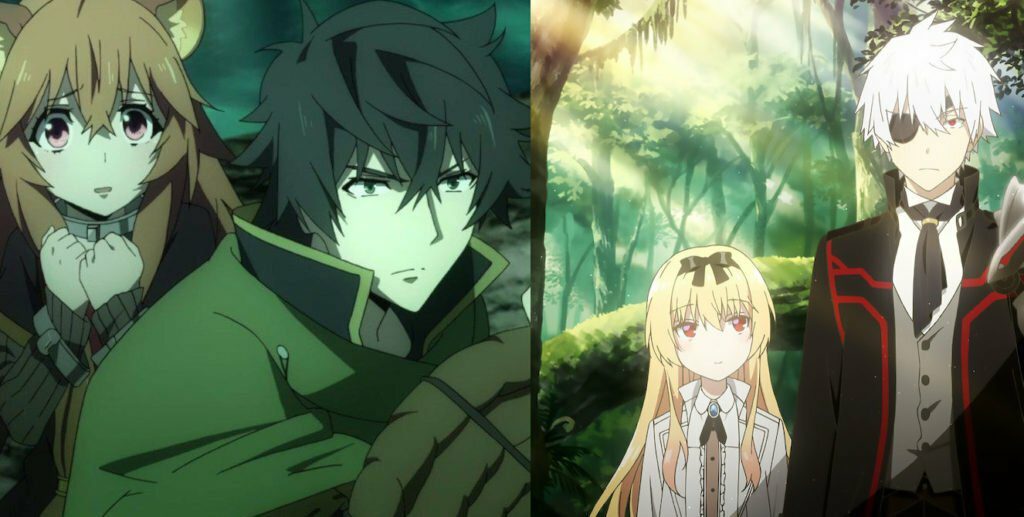
Rising of the Shield Hero and Arifureta
Both of these isekai series are about guys sent to a new fantasy world with others, and told they are heroes but are a class of hero that kind of sucks. From there, they are betrayed by those they trust around them and motivated by revenge to crawl out of their metaphorical or literal pit of despair with the help of at least one cute non-human girl companion. In doing so, they become vastly stronger than anyone else around them. These series are about revenge, but not revenge through violence. This is where the difference comes, though. Rising of the Shield Hero is about vengeance through being morally superior to the absolute garbage people that surround them where as Arifureta is about vengeance through indifference to the garbage people’s plight.
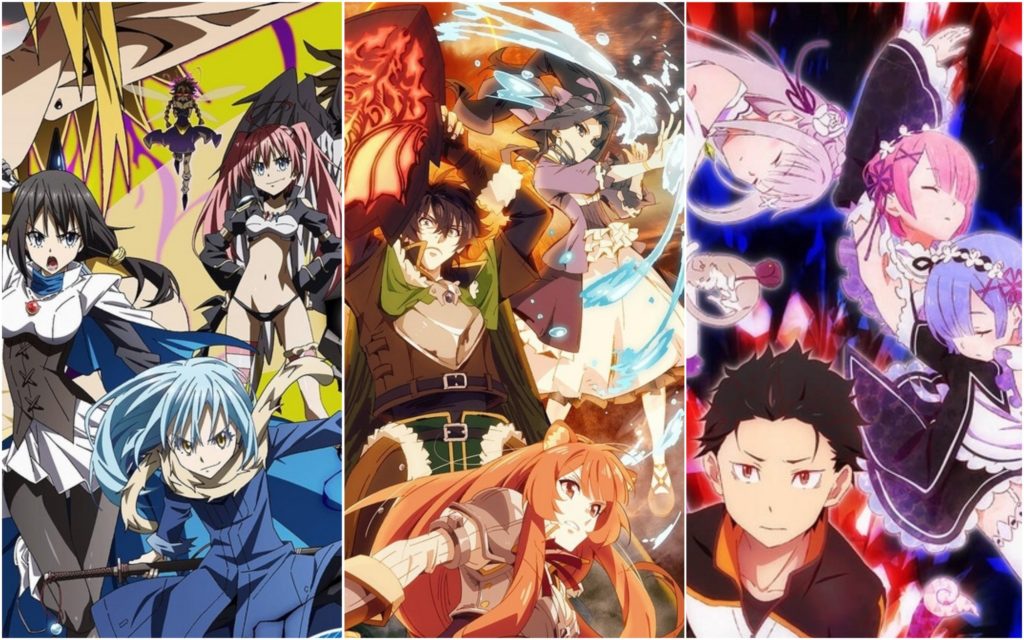
Isekai Anime Ripping Off Each Other Now and Forever More
Am I wrong? I know I’m not wrong since this site literally requires watching every isekai series, every season. Certainly they’ve taken to adding little quirks like “being a female main character” or “not being instantly overpowered,” but most isekai go something like this:
- Some ordinary loser at life dies / gets summoned to a new world that is medieval fantasy of some flavor
- They get hot waifu bait because they are as nice as any ordinary person should be.
- They go on an adventure where they are the strongest like no one ever was.
- They gather more waifu bait.
- They defeat someone strong that gives an open ending or otherwise sets up for more seasons.
I’ve done it, lads. I can be a hit light novel writer now if I can create a detailed magic system for my world and effectively articulate the curvatures of a woman’s bosom.
Since people are suspicious defensive of their generic isekais, I feel it merits that this technically goes for shows in the harem genre as well as the cute girls doing cute things genre. Or many shounen series who borrow cups of sugar and character tropes from each other. Or god help any anime with a protagonist going to a magic school. So, it’s not just an isekai thing. It’s a “lack of creativity and desire for money” thing.
Okay, guys. I’ve questioned your favorite anime, and now I know you must feel personally attacked by it because you have tied your favorite series to your identity. Let the hate flow in the comments section below. Or, perhaps, name your own anime series that are suspiciously similar to each other.
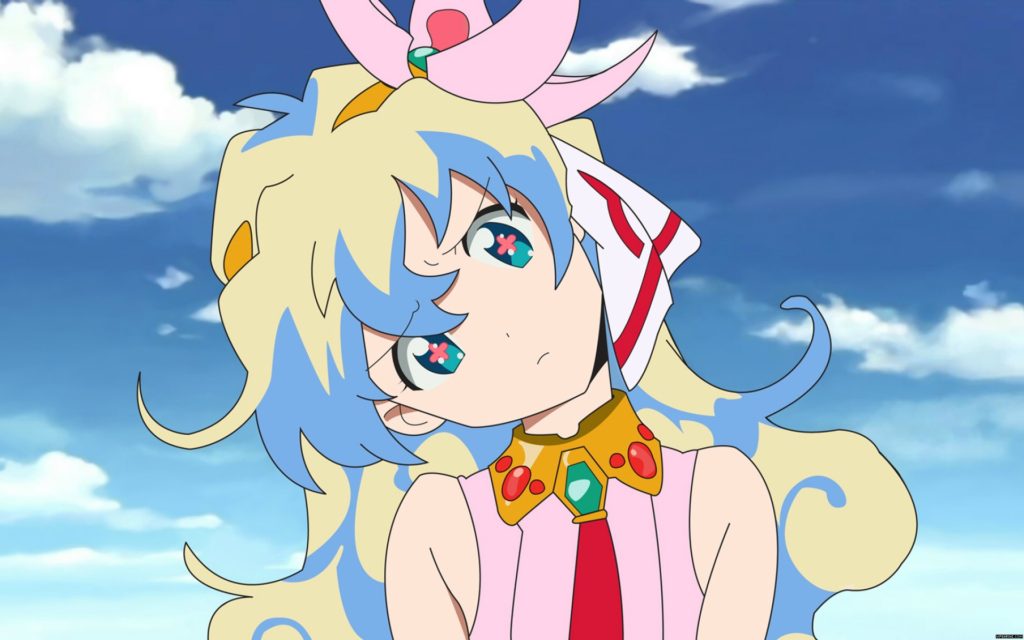
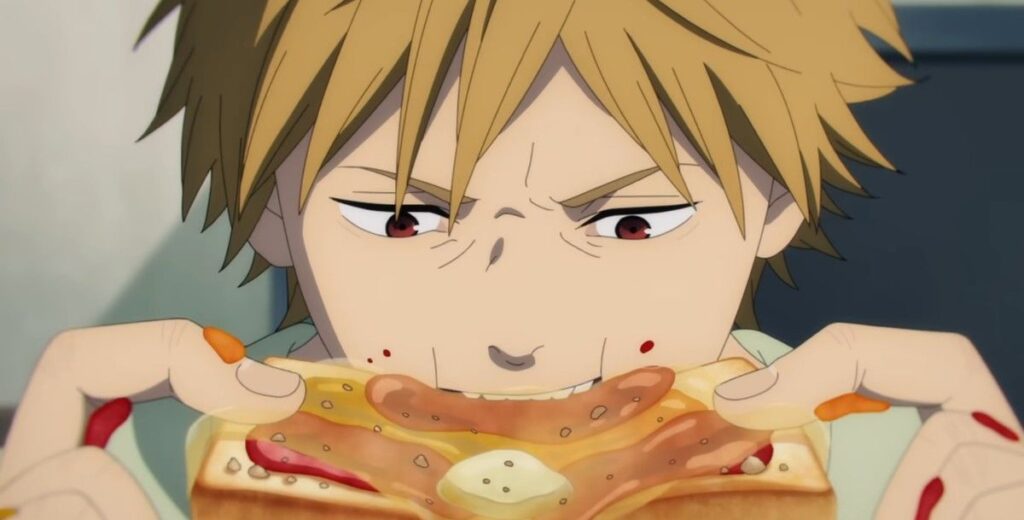
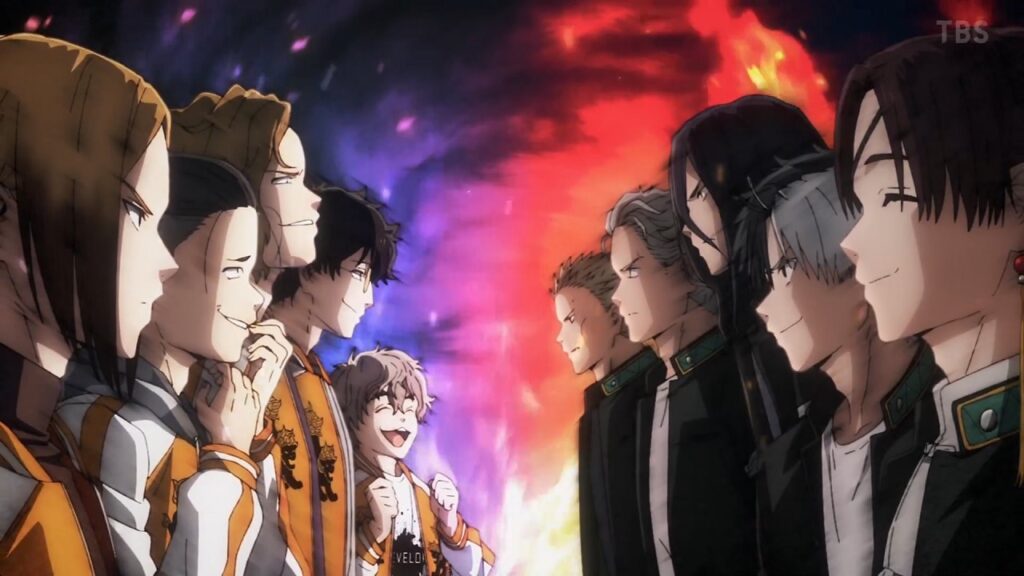
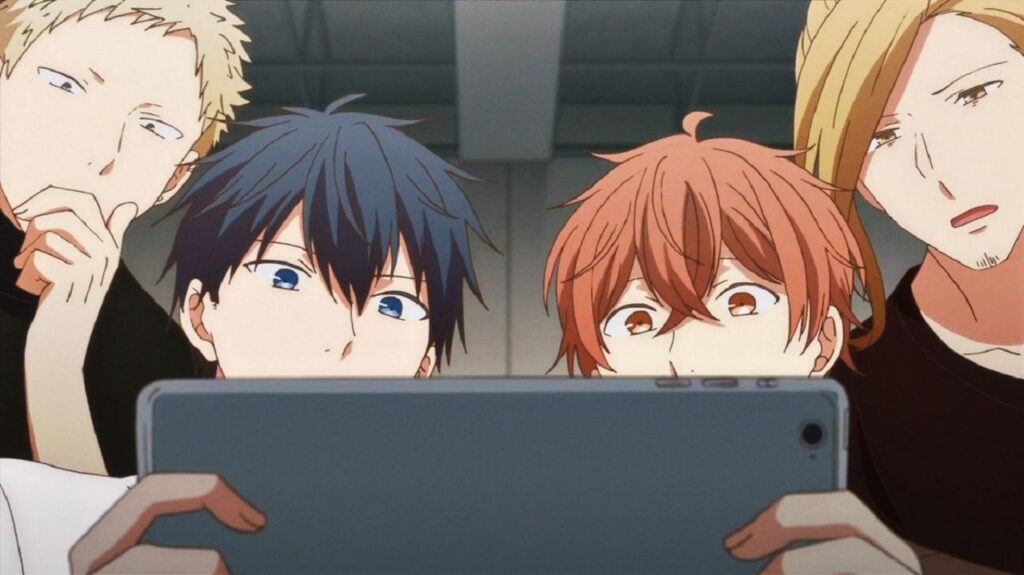
nice
The only problem I see is the Tokyo ghoul one, how in the hell does Tokyo ghoul copy Ajin, and they DID NOT come out around the same time, Tokyo ghoul came out in 2014 or 2009 for the manga and Ajin came out 2016 and 2015 for the light novel. So what the hell Tokyo ghoul never did and never will copy Ajin